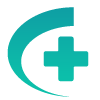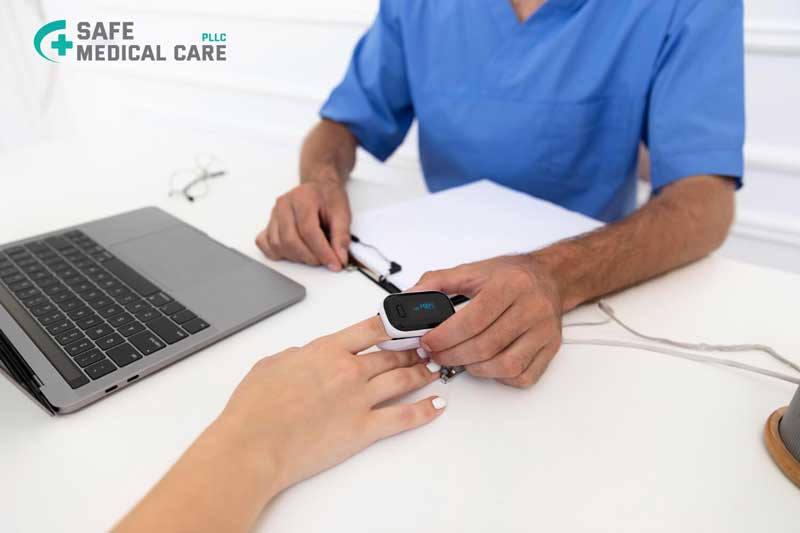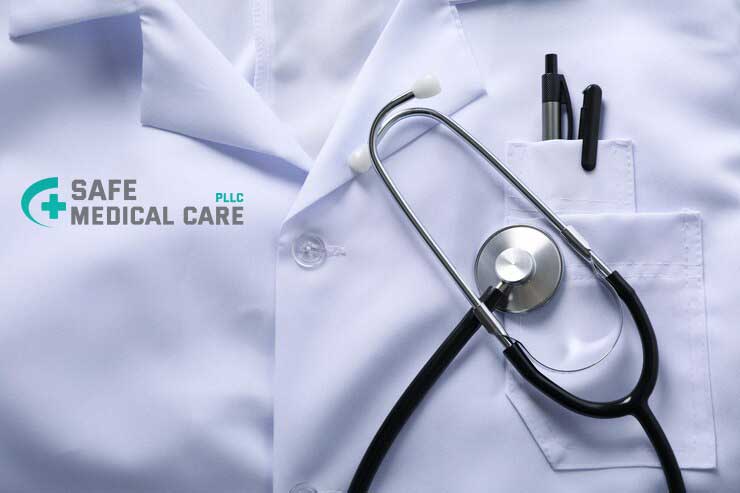Know about hypertension management at the primary care center in Queens

Hypertension is a long term disease. You will experience high blood pressure for a long time during this medical condition. This disease can kill you silently. It develops slowly without showing any prominent symptoms. However, your body will be damaged when you notice its presence.
Dr. Mohammed Wahid, MD, our experienced primary care physician, will tell you how hypertension affects your body. Also you will learn how hypertension management at primary care clinic can ensure your well being.
Understanding Hypertension
Hypertension happens when the speed of your blood circulation remains higher. Your arteries get damaged when this force stays for a long time. This can cause serious health problems. You can develop heart disease, stroke, and kidney issues.
Blood pressure is measured with two numbers. Systolic pressure is the upper number. It measures the pressure when your heart beats. And diastolic pressure is the bottom number. This measures the pressure when your heart stays in resting mode between beatings. Your normal blood pressure reading will be around 120/80 mm Hg. You have hypertension if your pressure remains higher than the normal readings.
What Harm Does Hypertension Do to Your Body?
Your various organs can experience serious damage if you don’t control your hypertension condition. You should know the types of harm hypertension causes in your body. This will encourage you to manage your high blood pressure effectively.
Heart Attack: High blood pressure can make your arteries narrow. Blood and oxygen may not reach your heart properly. Plaque may also develop in your narrow arteries. Rupturing plaque causes blood clots in the arteries and blocks blood flow. For this reason you will have heart attacks.
Heart Failure: High BP makes your heart to pump more blood. Muscles of your heart can become weak because of this reason. Your heart will not be able to supply enough blood. Also your needs will not be fulfilled. You can have difficulty breathing. Fluids can build up in your lungs or other body parts. You may have heart failure when your condition reaches an advanced stage.
Stroke: Arteries in your brain can burst or become blocked due to hypertension. You will experience a stroke in that case.
Cognitive Decline: Hypertension can reduce blood flow in your brain. Your cognitive ability can become impaired. Also you can develop dementia.
Kidney Damage: High blood pressure can damage the blood vessels in your kidneys. For this reason your kidney may not work properly. You can also experience conditions like kidney failure.
Eye Damage: Hypertension can damage the arteries in your eyes. You can suffer from vision problems. You can also become blind if you don’t control it on time.
What are the Risk Factors?
You have the risk of developing hypertension because of these factors:
Age: Your risk increases as you grow older.
Family History: You can develop it if any of your family members have this condition.
Obesity: Excess body weight gives your heart more stress.
Lack of Physical Activity: Spending most of your days without physical movement can make you develop hypertension.
Poor Diet: Your blood pressure can increase because of consuming more salt and fatty food. Fat increases your cholesterol levels. This cholesterol makes your blood pressure high.
Smoking: Nicotine increases your BP and heart rate.
Stress: Your blood pressure can increase when you have stress. However you can suffer from hypertension if you experience high levels of stress for a long time.
Role of Primary Care in Your Hypertension Management
The following are the ways that we use to manage your hypertension condition:
Regular Monitoring and Diagnosis
We conduct routine blood pressure checkups during your regular appointment. This helps us to identify hypertension early. Our doctor reviews your medical history in detail. We also conduct physical exams to identify your risk factors. Our comprehensive approach allows us to manage and address your issue effectively.
Personalized Treatment Plans
We create personalized primary care treatment plans to manage blood pressure effectively. We prescribe you medication considering your needs and response to treatment. We also provide lifestyle counseling on diet, exercise, weight management and other changes that can impact your blood pressure.
Lifestyle Modification Advice
Our doctors recommend you healthy diet. This plan is specially created for hypertension management. It suggests foods like fruits, vegetables, whole grains and items containing healthy fat. We advise this diet plan as it helps to maintain your blood pressure as well as cholesterol. We encourage you to do physical exercise for minimum of 150 minutes every week. Physical movements help to reduce your BP and maintain healthy body weight. Our lifestyle advice also tells you to decrease alcohol and quit smoking.
Ongoing Support and Follow Up
We assign you follow up appointments to monitor your progress. We look for side effects of medication as well. We analyze your current condition and adjust your treatment plans if necessary. We educate you on hypertension. This helps you to understand its effects. You can make better decisions about your health if you know your medical condition properly. Our doctors also teach you how to measure your blood pressure at home. You can monitor your condition and keep a log of the readings. We review it to better understand your condition after your last visit.
Coordinated Care
We refer you to cardiologists or other specialists in case you need further evaluation and management. We also refer you to dietitians to create meal plans for you. Our comprehensive care includes referring to physical therapists and other healthcare professionals as well. We use collaborative effort to manage your health concerns from all aspects to achieve the best results.
Schedule Your Appointment
Safe Medical Care PLLC is a trusted hypertension management partner in Queens, New York. We have board certified physicians. Our doctors provide you with the best care for your overall well being. We offer patient centered care to meet your unique health needs. Our regular checkups, continuous monitoring and preventive care help to manage your hypertension effectively. We use the latest medical knowledge and technology to ensure you high quality healthcare services. We are currently accepting new patients. Book your appointment today. We allow both online and walk in consultations.
FAQs
What is hypertension, and why is it important to manage it?
Hypertension, or high blood pressure, occurs when the force of blood against your artery walls is too high. Managing it is crucial because uncontrolled hypertension can lead to serious health issues, including heart disease, stroke, and kidney problems.
How can I tell if I have high blood pressure?
High blood pressure often has no symptoms, which is why regular check-ups with your doctor are important. Our clinic measures your blood pressure during routine visits to detect any issues early.
What lifestyle changes can help control high blood pressure?
Our doctor recommends changes such as eating a balanced diet, reducing salt intake, increasing physical activity, losing weight if needed, and managing stress. These adjustments can significantly impact your blood pressure levels.
What types of medications are used to treat hypertension?
Our doctor may prescribe medications such as diuretics, ACE inhibitors, calcium channel blockers, or beta-blockers, depending on your specific needs. We regularly review and adjust your medication to ensure optimal control of your blood pressure.
How often should I have my blood pressure checked?
It’s important to have your blood pressure checked regularly. Our clinic schedules follow-up appointments based on your individual health needs, typically every few months, to monitor your progress and make any necessary adjustments to your treatment plan.







